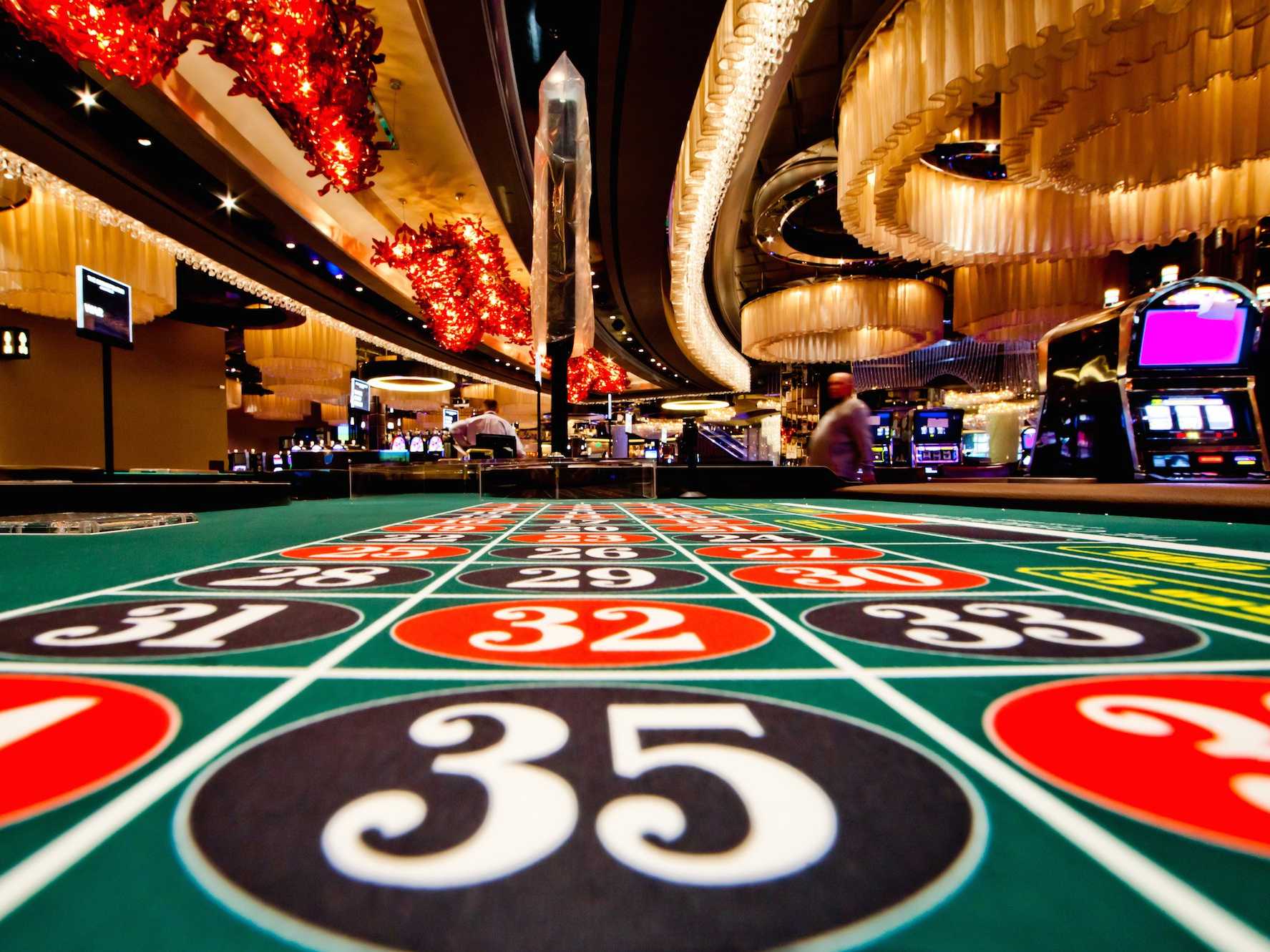
In the vibrant world of betting, gambling house options have long captured the attention of participants around the world. These games, spanning classic table options like blackjack to the rotating reels of fruit machines, offer an captivating combination of chance and strategy. While fortune undeniably plays a important role in determining outcomes, the significance of knowledge in many gambling games cannot be overlooked. Comprehending how skill affects gameplay can improve not only a gambler’s experience but also their chances of success.
As we explore further the dynamics of gambling activities, it becomes apparent that some require a robust grounding of knowledge and planning. Activities like poker demand more than just fortune; they call for strategic thinking, psychological insight, and calculated decision-making. In comparison, other games, such as roulette and slots, are primarily based on randomness, allowing participants to rely solely on fortune. This distinction raises intriguing questions about what really drives achievement in the world of gambling and how a participant’s abilities can tip the scales in their favor.
Understanding Skill versus Chance within Gambling Activities
In the sphere of casino games, the discussion between skill and luck is a enduring one. Numerous games are frequently categorized into two groups: those that rely predominantly on chance, such as slot machines and the wheel, and those where skill plays a significant role, like poker and blackjack. The difference is crucial because it influences not only gameplay strategies but also the approach players adopt when engaging with these games. While luck can play a critical role in the immediate, skilled players can boost their odds of winning over the extended period in skill-based games.
Skill-based games, particularly poker, demand players to understand probability, psychology, and game strategies. A seasoned poker player can analyze rivals, make strategic bets, and understand when to fold, all of which can lead to greater successful outcomes. On the other hand, in games that are purely based on chance, no amount of skill can alter the odds. This implies that although a player may win big in one session, their victory may often be at the mercy to the vagaries of random outcomes rather than any strategic expertise.
Ultimately, both skill and luck coexist in the world of casino games, forming a dynamic environment for players. Although games of chance can provide thrill and instant gratification, proficiency and strategy in skill-based games offer a deeper level of engagement for those prepared to dedicate time in honing their craft. This interaction between skill and luck defines the experiences of players and influences their relationship with the games they choose to play.
The Impact of Expertise on Casino Results
In the field of casino games, ability plays a crucial role in determining the results, especially in games where tactics and decision-making are paramount. For instance, in the game of poker, competitors must examine rivals, calculate probabilities, and make calculated bets to maximize their chances of succeeding. Unlike activities that rely purely on chance, such as slot machines or roulette, this game demands an understanding of both the rules and the psychology of other players, making expertise a critical component of victory.
Additional strategy-based activities, like the game of blackjack, also underscore the importance of player expertise. Knowledge of basic strategy, card counting, and when to hit or stand can significantly influence the house edge. A proficient 21 player can reduce this edge and boost their odds of success over time. HELLO88 This contrasts sharply with activities that do not permit for such strategic play, showcasing how the level of skill directly affects the potential for favorable results.
Moreover, even within games deemed primarily chance-driven, like craps, the choices made by gamblers can influence their overall success. Choosing the optimal bets, comprehending the likelihoods of different outcomes, and managing one’s bankroll are essential aspects that can enhance a player’s experience and results. Thus, while luck remains a component in gambling, ability can substantially affect how effectively participants navigate these settings, leading to more favorable results.
Approaches for Proficient Play in Casinos
To thrive in casino games, players must develop a strong understanding of the rules and probabilities involved in various games. This basic knowledge enables individuals to make wise choices, especially in skillful games like poker and 21. Familiarizing oneself with game strategies, such as keeping track of cards in 21 or identifying betting patterns in poker, can significantly enhance a player’s odds of success. Practicing these strategies through practice games or lower-stakes games allows players to refine their skills without putting substantial amounts of money at stake.
Another key strategy is money management. Players should create a spending limit before going into the casino and follow it faithfully. This involves deciding how much they are prepared to lose and imposing restrictions on how much they will bet in each session. By keeping a regulated approach to gambling, players can prolong their play and reduce the risk of major losses. Additionally, taking breaks can help maintain a clear mind and prevent impulsive decisions that often lead to poor play.
Ultimately, emotional control is crucial in the high-stakes environment of a gambling house. Players must learn to manage their emotions, particularly during times of winning or defeats streaks. Staying focused and not allowing emotions influence gameplay can lead to more sound decisions. Methods such as deep breathing or walking away from the gaming table during heated moments can help keep composure. By cultivating a steady mindset, players can approach gambling games with confidence and expertise, thereby enhancing their complete experience and results.